Description
Italian Track Bicycle Frame Frameset c1940s, w/ Campagnolo headset, Size 59cm
- We believe this frame was built in roughly the 1940s or 1950s in Italy.
- Chrome lugs, fork crown, fork tips, fork dropouts and rear stays and drop outs
- Paint colour: Metallic Blue
- Seat Tube Centre to Centre 59 cm
- Top Tube: Centre to Centre 59 cm
- Head Tube Length: 18cm
- Spacing: Front 100mm and rear 120mm
- Includes Campagnolo 1″ headset
- In excellent condition. Was repained in the Mariposa Bicycles – Bicycle Specialties workshop in August 2024
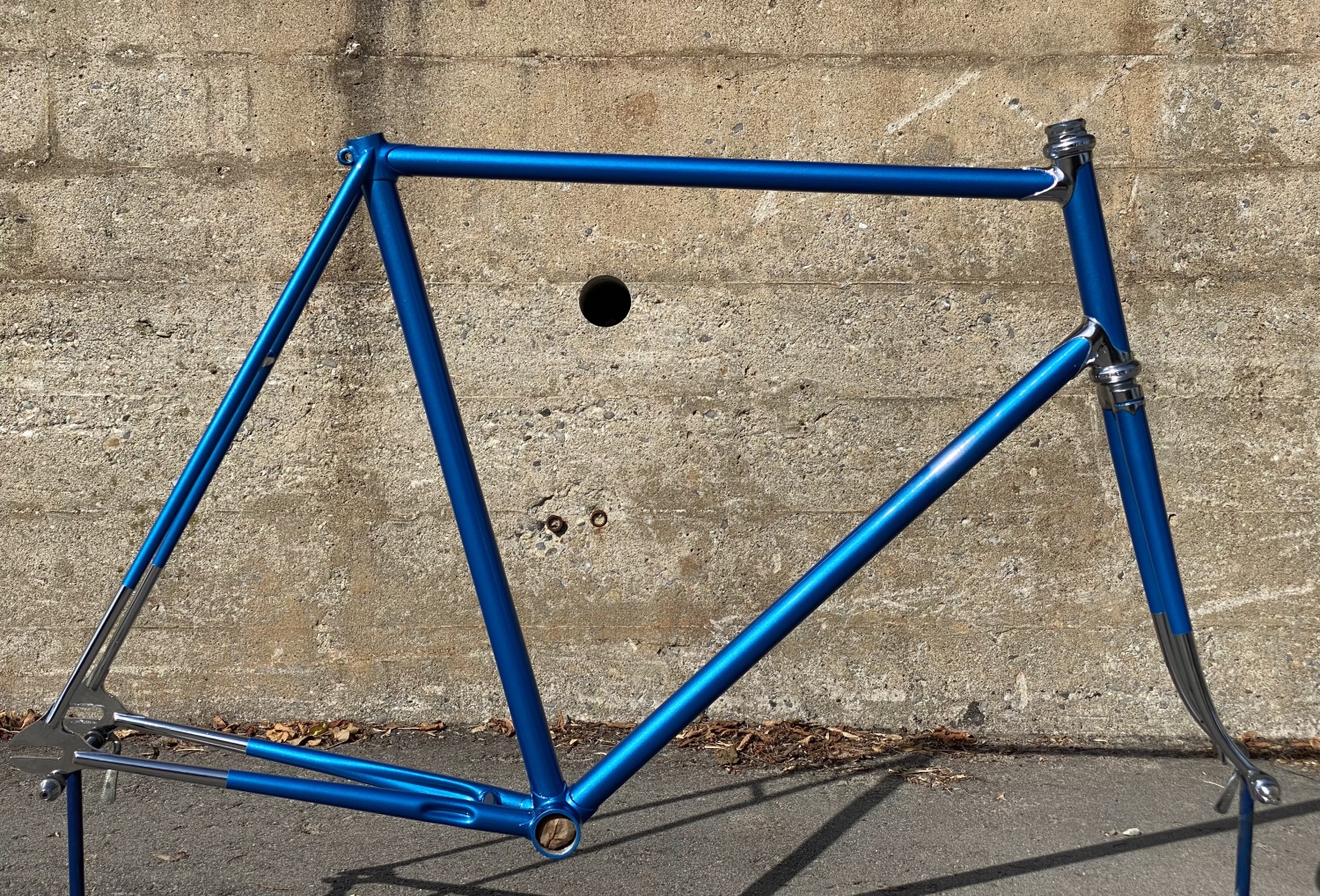
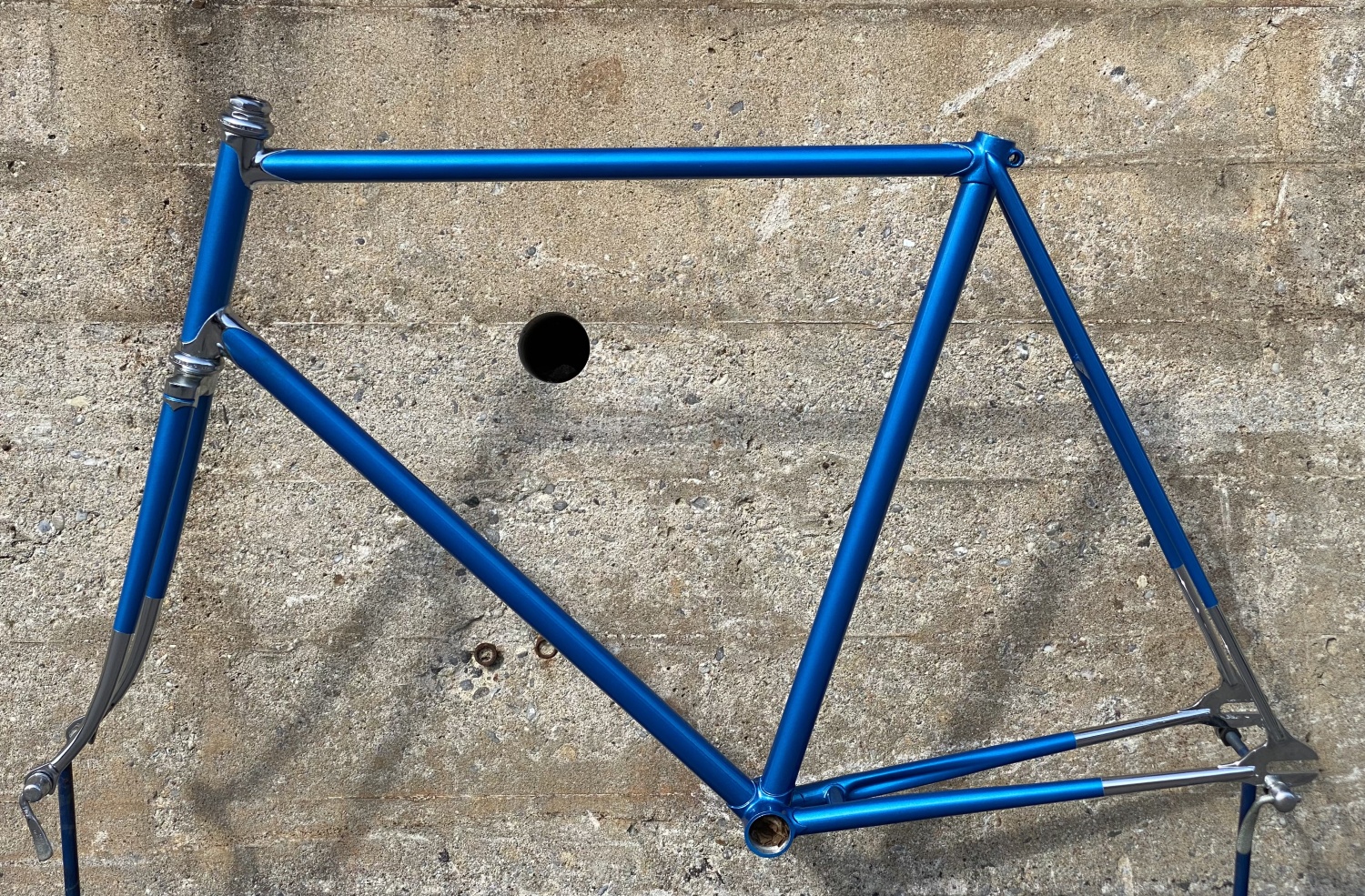

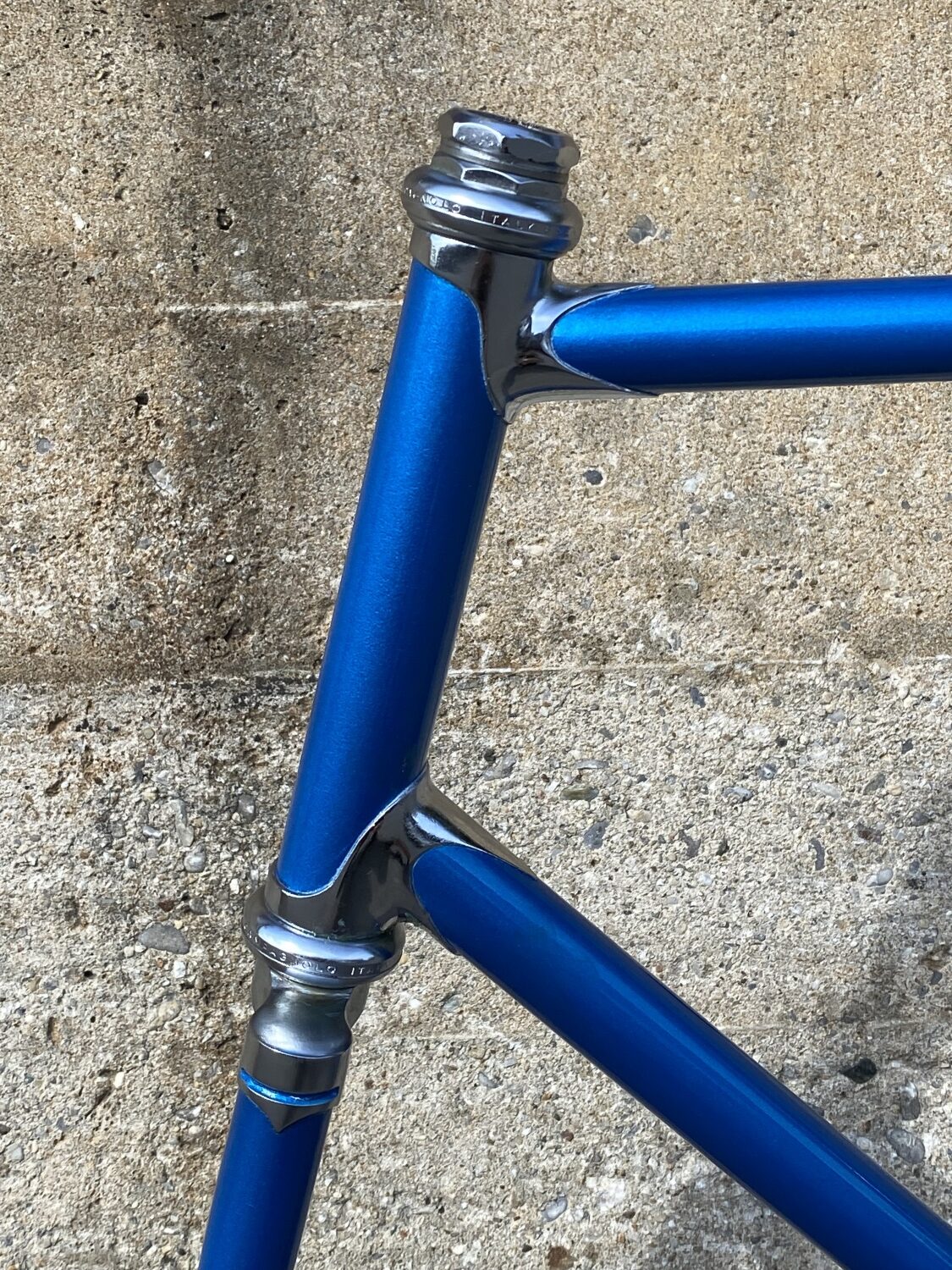
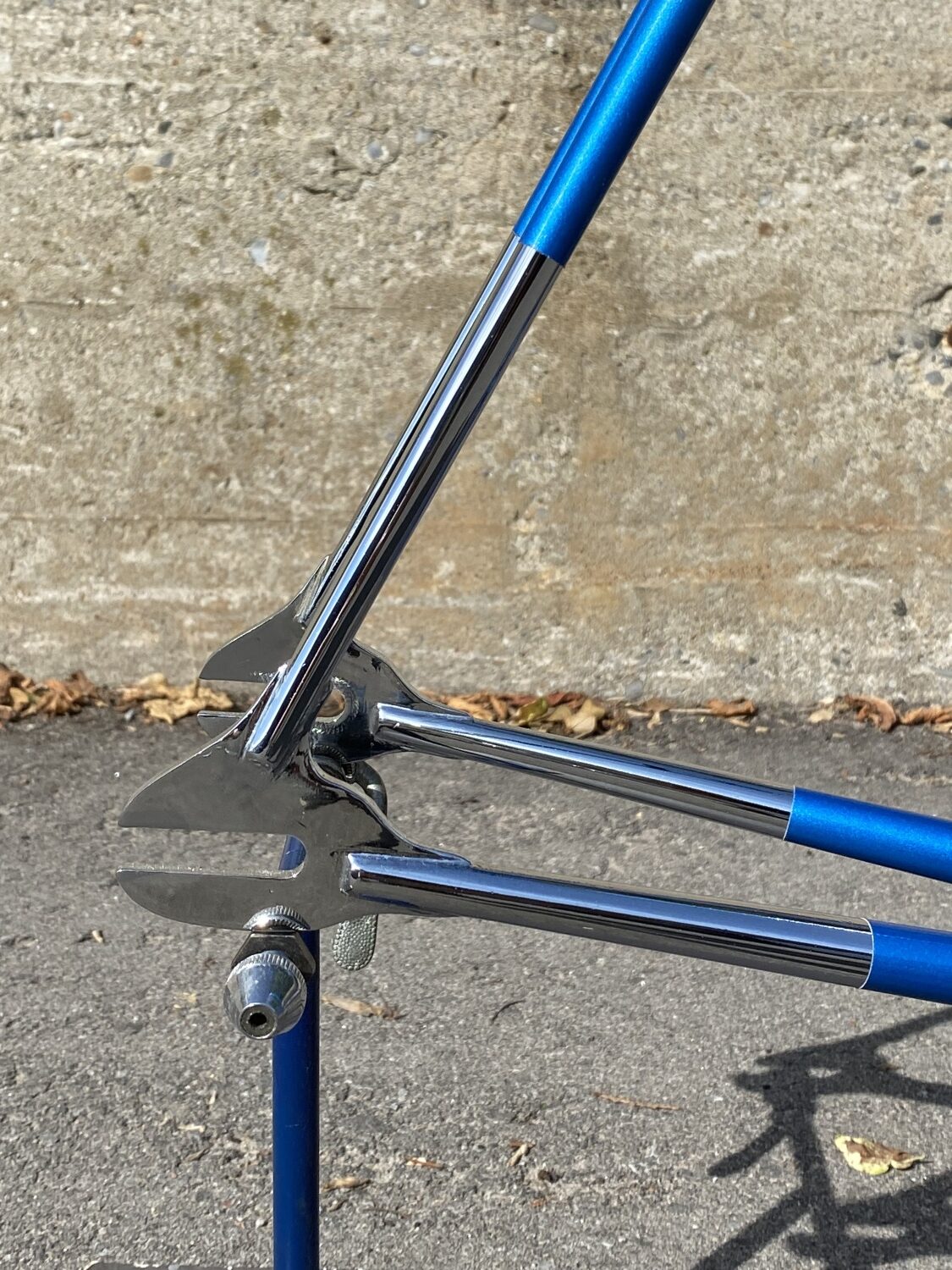
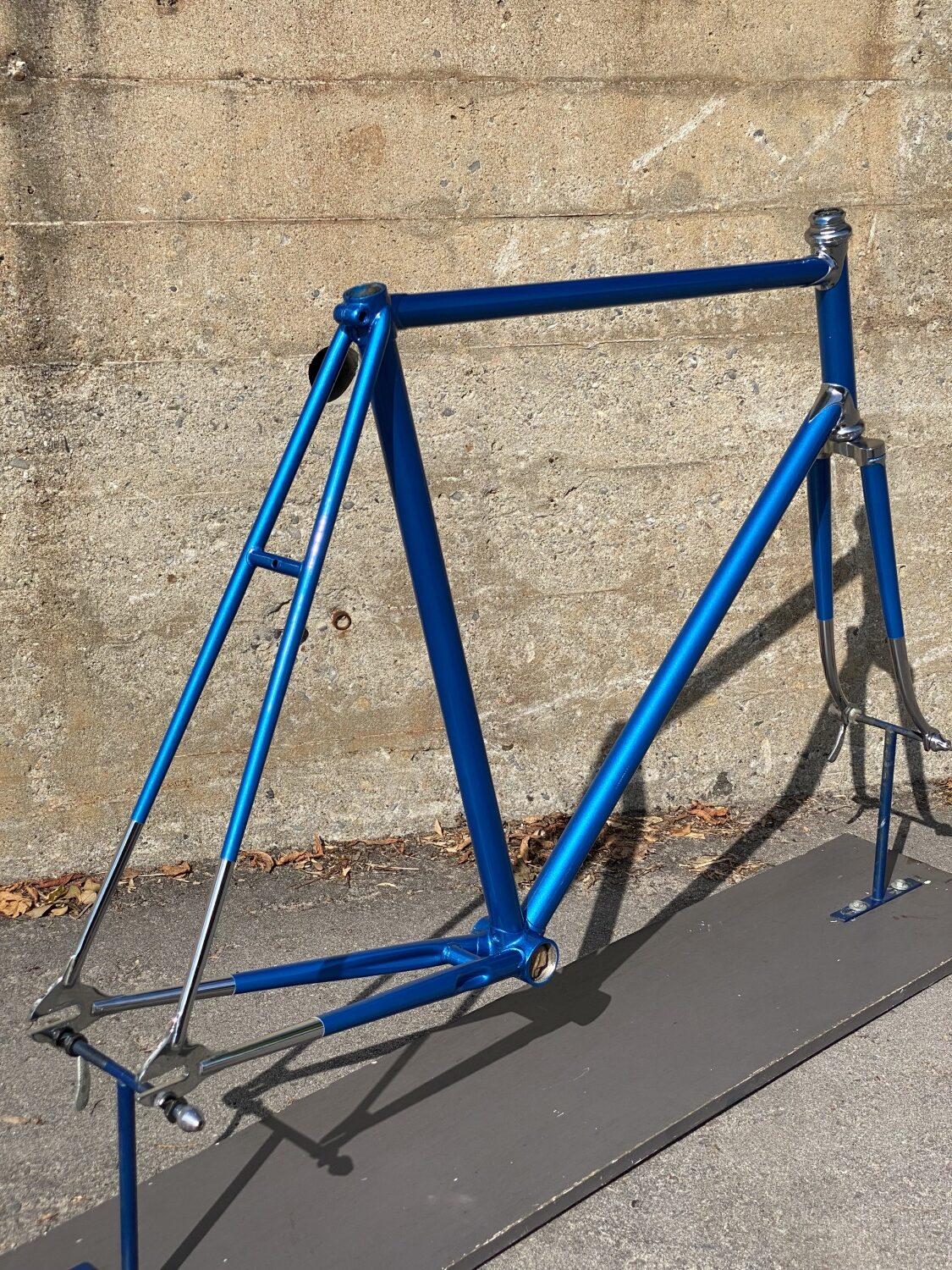


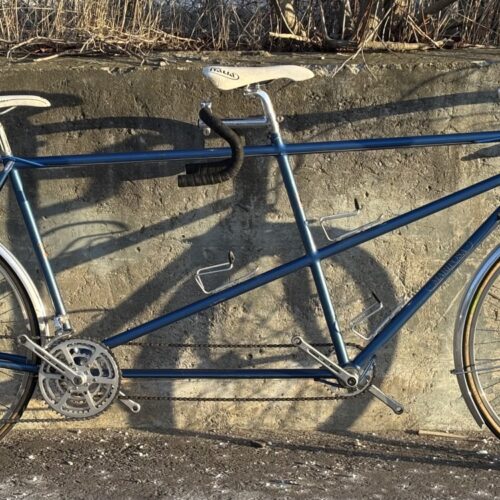
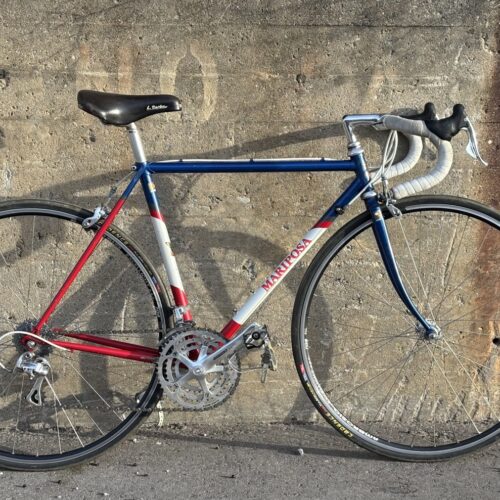
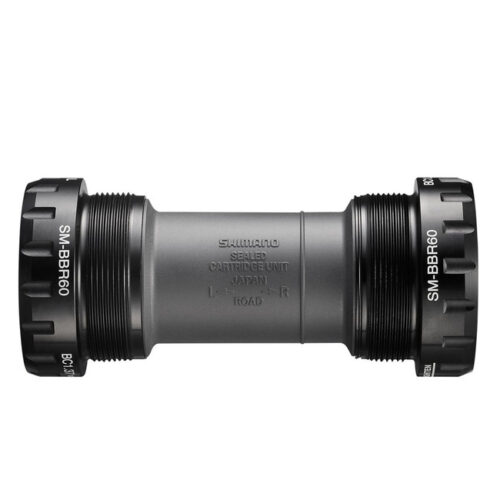
Reviews
There are no reviews yet.